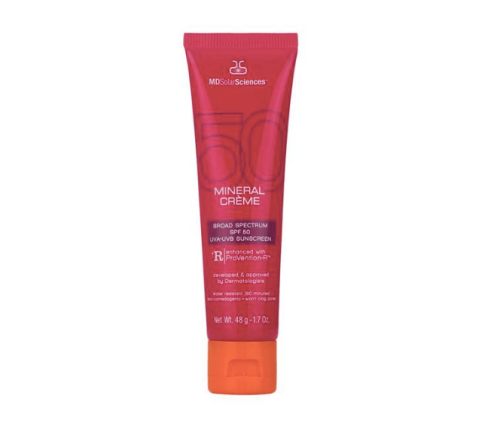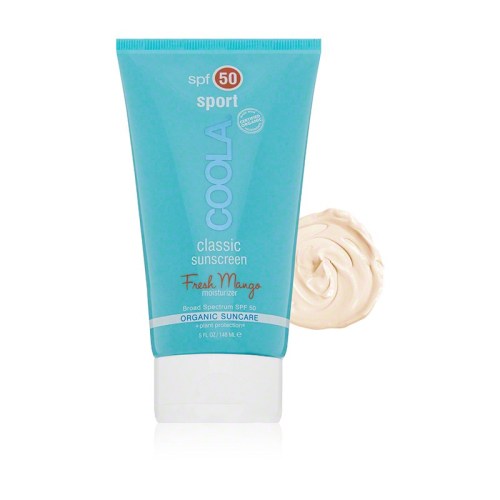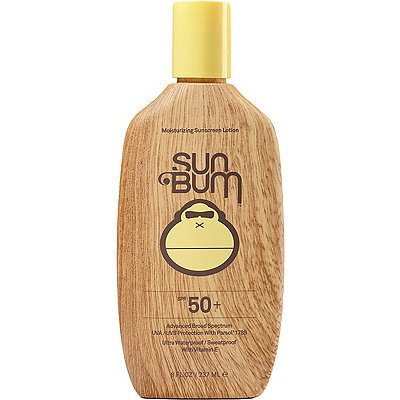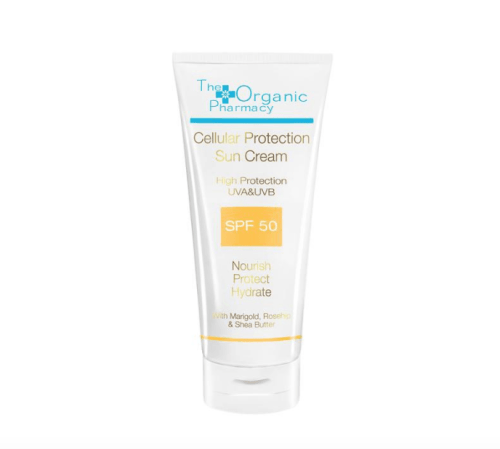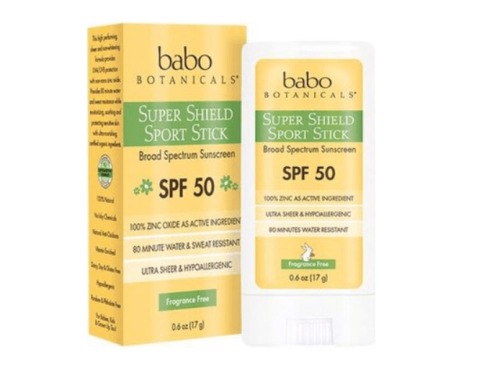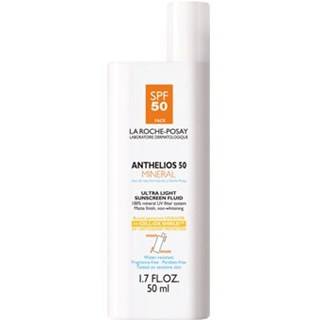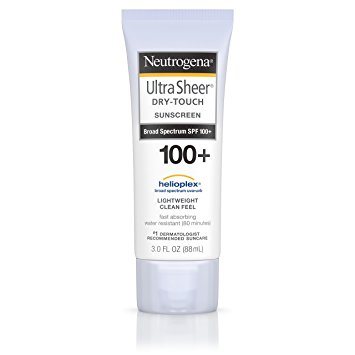Dermatologists Say You Need *at Least* SPF 50 in the Sun—Here’s Why
The SPF value on a bottle is determined based on lab tests for how long it would protect you versus wearing nothing in the sun. But Joshua Zeichner, MD, a New York City-based dermatologist, notes that its effectiveness in the real world is always a different story.
People tend to sweat off the formulas and they don't always apply enough to begin with, so to safeguard against user error, it's important to opt for a high number and reapply an ounce (roughly a shot glass) every two hours you spend in the sun.
"There's been a recent study that looked at sunscreen with SPF 100+ compared to SPF 50 on the ski slopes of Colorado showed that the SPF 100+ gave significantly better protection against the sun," he says. While that's helpful, the market isn't exactly proliferating with SPFs in the 3-digits. "I tell my patients to look for the highest SPF possible—it serves as an insurance policy to give the greatest level of protection for the longest period of time." TBH, insurance for your skin sounds like a pretty good investment.
{{post.sponsorText}}
Keep reading to shop SPF 50s.
Shop sunscreens
But do most sunscreens live up to their SPF claims? Read up on 10 things you didn't know about sunscreen—but should.
Loading More Posts...
